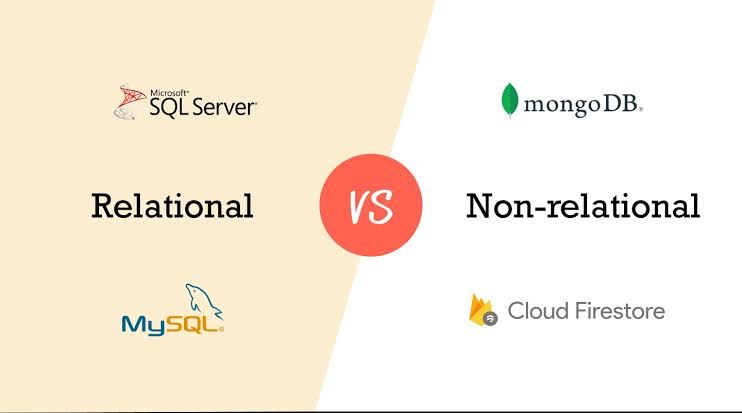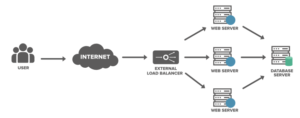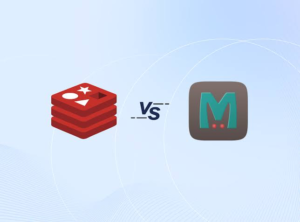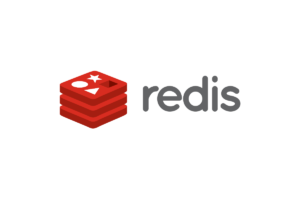
Introduction
When it comes to managing data, businesses have two main options: relational databases and non-relational databases. Each type has its own strengths and weaknesses, and choosing the right one for your business can have a significant impact on your operations and overall success. In this blog post, we will explore the differences between relational and non-relational databases and help you determine which one is the best fit for your needs.
Relational Databases
Relational databases are the more traditional option and have been around for decades. They use a structured format and organize data into tables with rows and columns. The relationship between different tables is established through keys, ensuring data integrity and consistency.
One of the main advantages of relational databases is their ability to handle complex relationships between data. They are highly efficient at managing structured data, such as financial records or customer information. Relational databases also support ACID (Atomicity, Consistency, Isolation, Durability) properties, which guarantee data consistency and durability.
Non-Relational Databases
Non-relational databases, also known as NoSQL databases, provide a more flexible and scalable approach to data management. Unlike relational databases, they do not rely on a fixed schema and can handle unstructured or semi-structured data more effectively.
These databases are particularly well-suited for handling large amounts of data, making them an excellent choice for businesses with rapidly growing datasets. They are also highly scalable, allowing you to add more servers or storage as your needs evolve. Non-relational databases excel at handling unstructured data types, such as social media posts or sensor readings.
Choosing the Right Database for Your Business
Now that we have explored the differences between relational and non-relational databases, how do you decide which one is right for your business? The answer depends on several factors, including your data structure, scalability requirements, and the types of queries you will be performing on your data.
If your business deals primarily with structured data and requires strong data consistency and integrity, a relational database is likely the best choice. This is particularly true if you have well-defined relationships between different entities in your data. On the other hand, if you are dealing with large amounts of unstructured data and need a flexible and scalable solution, a non-relational database may be the better option.
It is essential to consider your future needs as well. Will your data volume increase significantly? Will you need to handle different types of data in the future? By anticipating your growth and scalability requirements, you can make a more informed decision.
Conclusion
Relational and non-relational databases both have their place in the business world. The choice between the two ultimately depends on your specific needs and the type of data you are working with. By understanding the differences and advantages of each, you can make an informed decision that will lay a solid foundation for your data management and ensure the success of your business.



